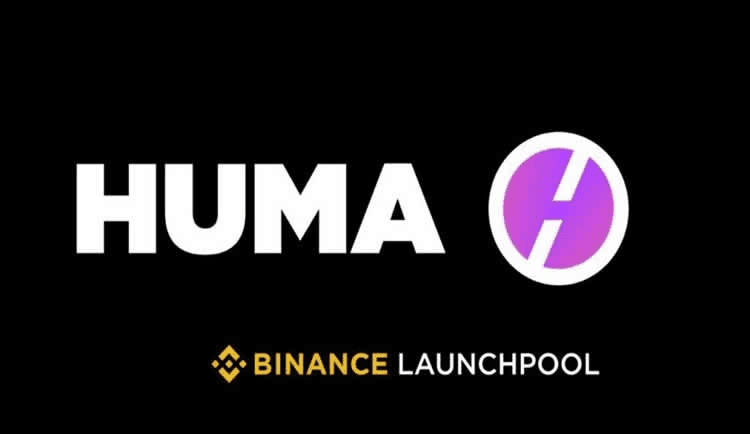
Huma Finance @Huma Finance 🟣 has a particularly practical entry point: in the traditional financial system, if you want to borrow money or gain credit, you often need asset collateral. However, many people in reality—such as freelancers and small teams—may have stable income streams but lack fixed assets, making it difficult to access formal financial services.
Huma @Huma Finance 🟣 did something quite clever: it mapped off-chain income data, such as salaries, contract payments, and invoices, onto the blockchain through smart contracts, generating real-time available credit limits. This is equivalent to replacing 'asset collateral' with 'income proof', significantly lowering the threshold.
It is worth mentioning that #HumaFinance 's credit system is dynamically adjustable. When your income level changes, the credit limit and risk model will also change accordingly, without the need to repeatedly submit materials or undergo re-evaluation. This kind of flexibility is almost unimaginable in traditional finance.
Data-wise, it is also quite impressive. So far, Huma @Huma Finance 🟣 has surpassed 4.4 billion dollars in total transaction volume, indicating good market acceptance. Moreover, it is not just 'self-entertaining' on-chain; it collaborates with physical liquidity providers like Arf to extend decentralized lending capabilities into real-world scenarios, such as cross-border trade financing and salary advances. This gives its token $HUMA a stronger practical foundation.
Speaking of tokens, $HUMA was just issued this May, and early supporters have already received returns through airdrops, with community activity significantly increasing. It has also been integrated into an automatic governance proposal mechanism, allowing token holders to participate directly in project decisions, further enhancing the practical utility of the token.
Next, there is a noteworthy time point: on August 26, there will be a round of token unlocks, totaling about 13 million dollars, accounting for 21.5% of the circulation. Such events usually attract market attention and may lead to price fluctuations, so it is worth noting.
In the long run, #HumaFinance is not merely making lending agreements, but is attempting to build a new credit system based on income as the underlying logic. It connects on-chain finance with real-world economic behavior, which has a vast imaginative space. Additionally, the team is planning to introduce AI to improve risk control and service efficiency, making the future development path quite clear.
If DeFi makes finance more open, then Huma's promoted 'PayFi'—which is finance based on payments—may be the next track worth paying attention to.

